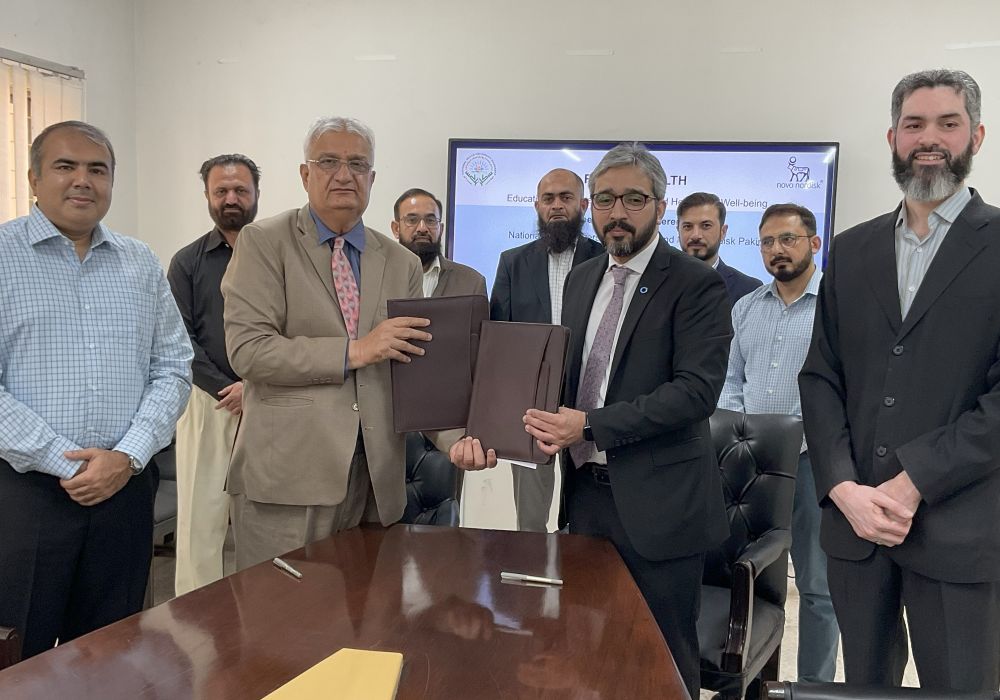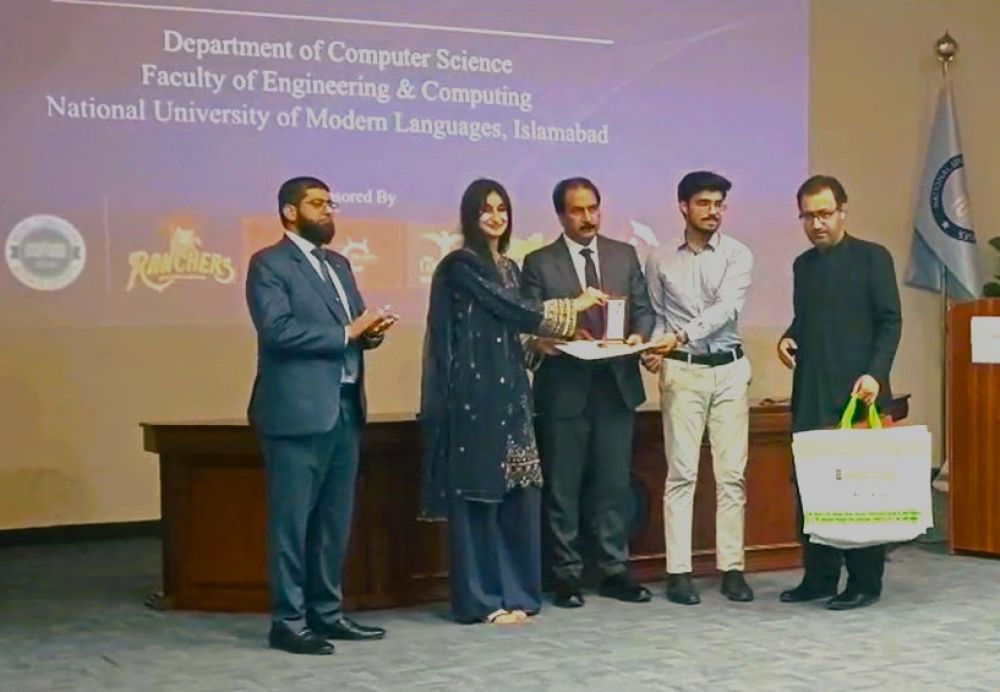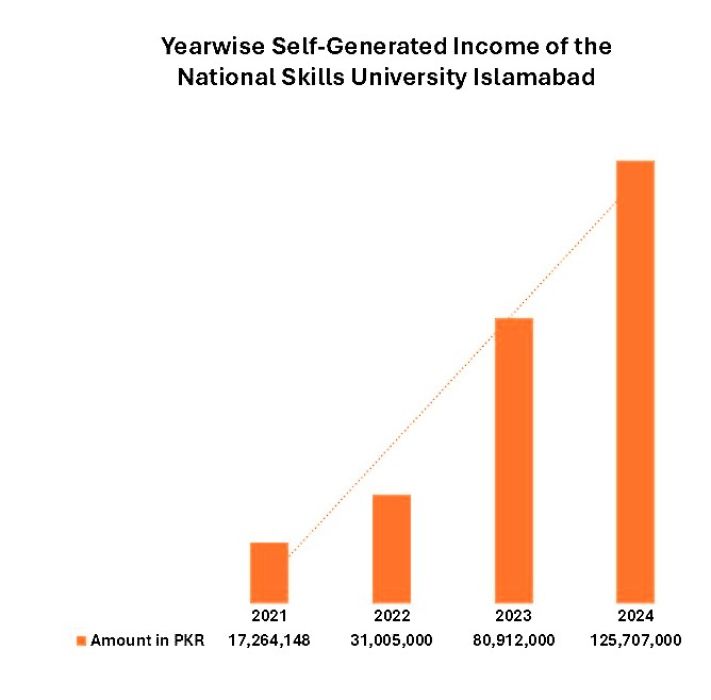Skilling Less Skilled in Africa: The Transformative Promise of the BEAR III Project
Posted 1 year ago
The Better Education for Africa’s Rise (BEAR III) project, a collaboration between UNESCO and the Republic of Korea, creating hope for millions and creating opportunities for their better living. Moreover, this project demonstrate how thoughtful investment in Technical and Vocational Education and Training (TVET) can transform economies and uplift societies. Implemented across Côte d’Ivoire, Ghana, Nigeria, and Sierra Leone, the initiative is a pioneering model for empowering youth and aligning education with real-world economic demands.
TVET has struggled with perceptions of being a second-rate option compared to academic education for far too long. BEAR III seeks to change this narrative. By addressing systemic challenges such as outdated curricula, inadequate teaching resources, and societal biases, the project elevates TVET as a premier pathway for meaningful employment, self-reliance, and entrepreneurship. The project’s objectives are clear and ambitious: to increase the relevance of TVET to labor market needs, enhance the quality of training institutions, and improve public perceptions of vocational education as a viable and prestigious choice.
What sets BEAR III apart is its context-driven approach.
In Ghana, Nigeria, and Sierra Leone, the focus on agriculture, specifically agro-processing and post-harvest managementreflects the urgent need to reduce food losses, bolster food security, an in Côte d’Ivoire, the project focuses on the fashion and beauty industries, with immense job creation and gender-inclusive growth potential. These sector-specific strategies are informed by rigorous labor market analyses and extensive consultations with local stakeholders, ensuring that the project responds to each country’s unique developmental priorities.
Three pillars of action underpin the project:
1. Making TVET relevant,
2. Enhancing its quality, and
3. Improving its perception.
These goals are pursued through innovative initiatives such as developing modern curricula aligned with market demands, training teachers in competency-based methodologies, equipping schools with cutting-edge tools, and running public campaigns to reshape societal attitudes toward vocational training. Crucially, BEAR III also emphasizes sustainability by fostering partnerships between the public and private sectors and embedding ecological awareness into TVET programs.
Beyond its impact on individual nations, BEAR III’s regional dimension amplifies its significance. By creating platforms for peer learning, knowledge sharing, and collaboration, the project is fostering a spirit of regional solidarity in West Africa. This emphasis on cross-border dialogue is pragmatic and vital in addressing shared challenges like youth unemployment, technological adaptation, and economic diversification. As countries exchange best practices and pool resources, they lay the groundwork for a more integrated and prosperous regional economy.
BEAR III is worth replicating for developing and less-developed nations. Its integrated approach combining rigorous labor market analysis, public-private collaboration, and targeted sectoral focus can be adapted to diverse local contexts globally. The project’s attention to cross-cutting issues such as gender inclusion, digital transformation, and environmental sustainability ensures its outcomes are impactful, equitable, and future-proof.
However, scaling such a model requires unwavering commitment. The ball lies in the court of recipients governments who must allocate adequate resources to TVET, private-sector actors must engage as active stakeholders, and societies must embrace a cultural shift in how they view vocational training. BEAR III demonstrates that TVET is not merely a fallback option but a platform for innovation, creativity, and resilience.
As BEAR III progresses, its success will be measured in numbers and the stories of young people whose lives are transformed. From aspiring entrepreneurs in Côte d’Ivoire’s burgeoning fashion industry to farmers in Ghana adopting advanced agro-processing techniques, the project’s ripple effects are profound and far-reaching. BEAR III offers inspiration and a roadmap for other regions seeking pathways to inclusive and sustainable development.
The world is watching as BEAR III takes shape in West Africa, and rightly so. It will provide a proof of concept to what is possible when vision meets action, when education aligns with opportunity, and when nations commit to building a skilled and equitable future. For those who dream of a better tomorrow, BEAR III is not just a project but a promise.





